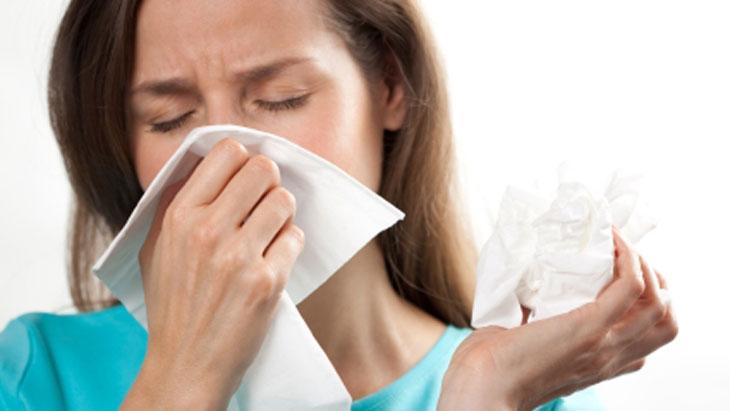Drinking Chinese medicine is the choice of many people for treating illnesses, but the correct way of consumption is crucial. Improper consumption not only may weaken the efficacy of the medicine but also may have adverse effects on the body. Here are some taboos to be aware of when drinking Chinese medicine:
During the period of continuous use of Chinese medicine, certain foods should be avoided to prevent affecting the efficacy of the medicine. For example, foods that induce perspiration (such as mushrooms, bamboo shoots, and rooster meat) may worsen certain conditions or cause discomfort, especially for those with excessive liver yang or skin diseases. Cold-natured foods (such as white radishes) may have the effects of clearing heat and relieving thirst but are not suitable for people with deficient cold constitution or gastrointestinal disorders. Fishy-smelling foods and spicy foods (such as seafood, scallions, ginger, and garlic) may trigger allergies or worsen the body’s “internal heat” condition, so they should be consumed cautiously. Sour and astringent foods (like strong tea) may react with the medicinal ingredients, affecting the absorption of the medicine’s efficacy. Additionally, greasy foods are difficult to digest and are not conducive to the recovery of those with exogenous diseases or gastrointestinal discomfort.
Furthermore, certain foods should be avoided when taken together with Chinese medicine to prevent interactions that may reduce the effectiveness. For example, warming tonics should not be taken with white radishes to avoid affecting the qi-nourishing effect; stomach-nourishing Chinese medicine taken with indigestible foods like glutinous rice will increase the burden on the stomach and intestines; heat-clearing medicines should be kept away from spicy and irritating foods to avoid diminishing the therapeutic effect; consuming cold drinks while taking warming medicines will weaken the efficacy; when treating allergic diseases, foods that induce perspiration like mango should also be avoided.
As for the best time to take Chinese medicine, it is usually determined based on the nature of the medicine and the treatment purpose. Tonics and medicines for treating diseases related to the limbs and blood vessels are best taken on an empty stomach in the morning to facilitate absorption. Medicines for treating upper body ailments are recommended to be taken after meals to help the medicinal properties ascend while protecting the stomach mucosa. Relaxing medicines are suitable for consumption before bedtime to improve sleep quality.
In conclusion, following medical advice, paying attention to dietary taboos, and arranging the medication time properly are key to ensuring the effectiveness of Chinese medicine.


